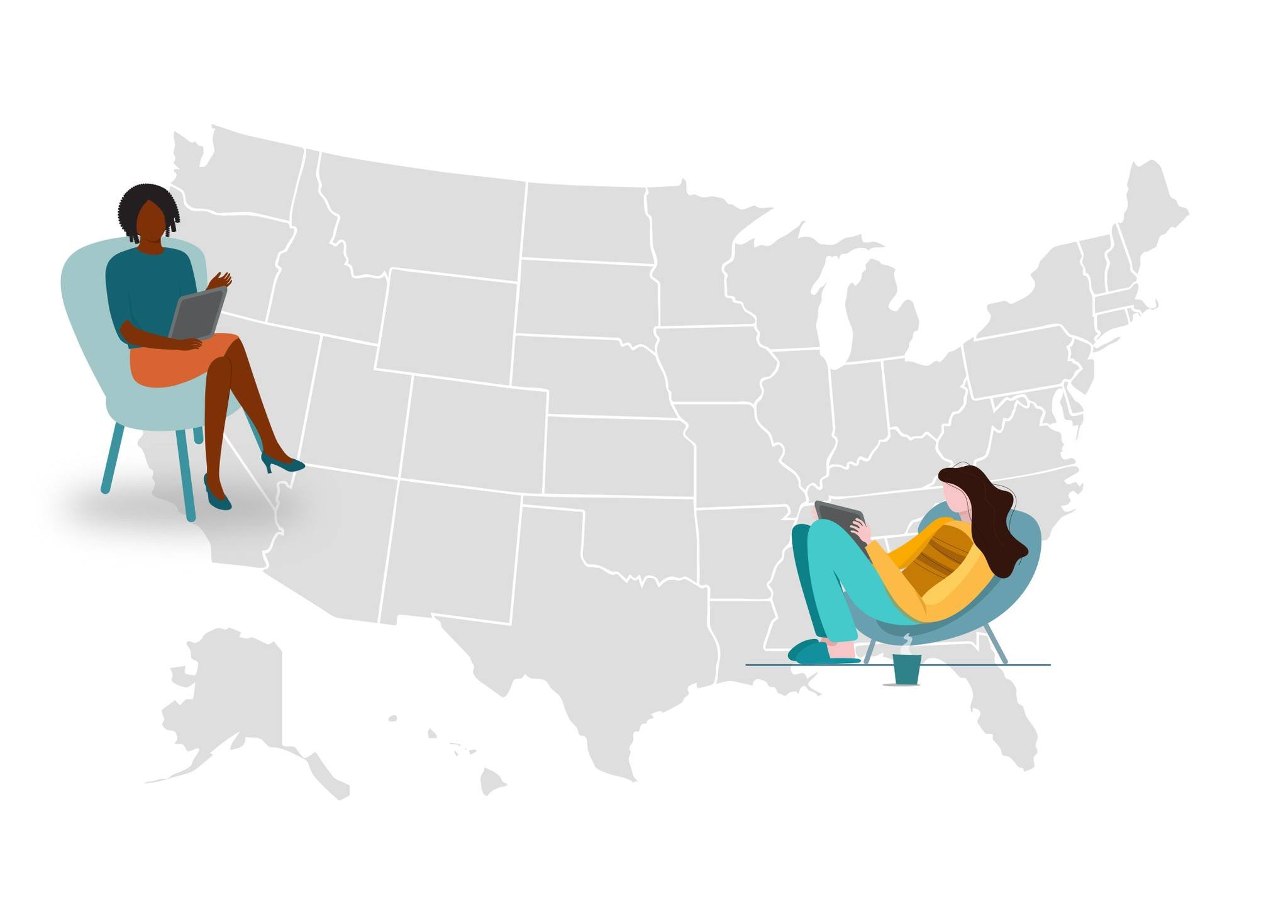Licensing Reforms Championed by KS Chapter
Key Statutory Changes:
Changes to Hour Requirement for Clinical Training Plan
The fields of master’s level psychology, professional counseling, marriage and family therapy, and addiction counseling followed the lead of Kansas NASW with statutory changes that KNASW championed for social workers and were passed in 2019.
HB 2208 decreases the number of hours for the above professions of required post-graduate supervised work experience towards a clinical license, from 4,000 hours to 3,000 hours, and lowers the total number of required direct supervision hours from 150 hours to 100 hours
Expanded Authorization of Supervision by Televideo
HB 2208 authorizes that clinical supervision hours can be completed over televideo, rather than requiring hours to be in-person.
Clinical Social Work In-Person/Direct Client Contact Hours
HB 2208 strikes statutory language previously requiring 350 hours of direct-client, in-person contact practicum hours required for licensure as a clinical social worker. Kansas was the only state in the nation that required an additional 350 hours above and beyond every other state in the nation for the MSW clinical practicum for students seeking LSCSW licensure. This requirement exceeded the national standard required by the Council of Social Work Education and by licensing boards across the nation. MSW will still have to complete the hours required by the Council of Social Work Education.
Going forward, there is not a licensing requirement for a specific number of in-person hours as a part of the clinical level - MSW social work practicum in order to meet the LSCSW licensure law. The Council of Social Work Education sets the accreditation standards for the hours required within the BSW and MSW practicum.
Increased Hours Allowed for Group Supervision in LSCSW Training Plan
Going forward at least 50 hours of supervision should be individual supervision and now 50 hours can be completed through group supervision. In addition - this change in law allows televideo supervision.
HB 2208 establishes Certified Community Behavioral Health Clinics
“This is the biggest change in mental health in Kansas in 30 years,” Representative Landwehr said. “That’s how big this is.” Thank you to the bi-partisan group of legislators working together that made this happen.
NASW Kansas Chapter joined other lawmakers and Gov. Laura Kelly today to celebrate the passage in April of House Bill 2208. The Bill also contains historic licensing reform changes that NASW-KS Chapter has fought for and was able to include in this Bill that will expand access to licensed social workers. Social workers working toward licensure will now be able use telehealth, telephonic, and have less regulatory hurdles if interested in working toward clinical licensure.
The Bill also contains a transformative section of the legislation requires state agencies to certify 26 community-based mental health centers as behavioral health clinics within three years and set new rates for the services they provide. The state estimates this investment eventually will total $74 million annually.
The additional funding for our community mental health centers will help them recruit and retain social workers through increasing salaries in order to be more competitive and provide more opportunities to promote staff within with salary enhancements.
As stated this bipartisan CCBHC bill represents the most significant piece of state legislation since the Kansas Mental Health Reform Act of 1990 and provides us a roadmap forward to improving the health and well-being of all Kansans.
Certified Community Behavioral Health Clinics (CCBHCs) are the leading shift in improving access to high-quality mental health and addiction treatment nationally and are making a difference in the lives of thousands. We are grateful that our state legislators have voted to support this move for mental wellness for Kansans and look forward to being able to enhance









